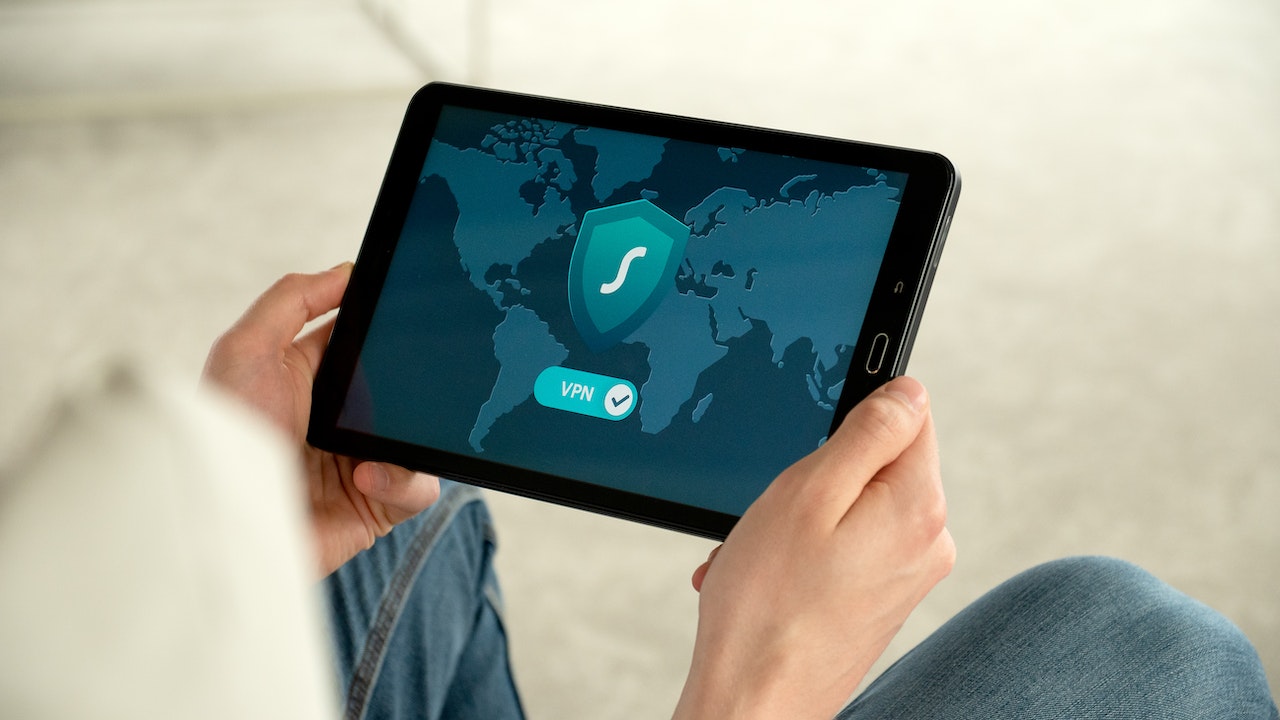The Ultimate Guide to VPNs: Protect Your Online Privacy
The Ultimate Guide to VPNs: Protect Your Online Privacy, Safeguard Your Sensitive Data, and Maintain Anonymity While Bypassing Geo-Restrictions: A Comprehensive Exploration of Virtual Private Networks and Their Crucial Role in Preserving Your Digital Footprint.

In today's digital age, privacy has become a growing concern. With the increasing amount of personal data being shared online, it's crucial to take measures to protect your online privacy. One effective tool that can safeguard your information is a Virtual Private Network (VPN). In this comprehensive guide, we will delve into the world of VPNs, exploring how they work, why they are essential, and how they can protect your online privacy.
What is a VPN?
A VPN, or Virtual Private Network, is a technology that establishes a secure and encrypted connection between your device and a VPN server. When you connect to a VPN, all of your internet traffic is routed through this encrypted tunnel, making it difficult for anyone to intercept or monitor your data. Essentially, a VPN acts as a protective shield, ensuring that your online activities remain private and secure.
How Does a VPN Protect Your Online Privacy?
-
Encryption: One of the primary functions of a VPN is to encrypt your data. Through robust encryption protocols, a VPN scrambles your information, making it unreadable to anyone attempting to intercept it. This encryption ensures that your sensitive information, such as passwords, financial details, and personal messages, remains secure.
-
Anonymity: When you connect to a VPN, your true IP address is hidden, and your internet traffic appears to originate from the VPN server's location. This anonymization prevents websites, advertisers, and other entities from tracking your online activities or identifying your physical location. It adds an extra layer of privacy by making it difficult to link your online actions to your real identity.
-
Protection on Public Wi-Fi: Public Wi-Fi networks, found in coffee shops, airports, or hotels, are notoriously insecure. Hackers can easily intercept your data on these networks. However, when you use a VPN on public Wi-Fi, all your internet traffic is encrypted, ensuring that your sensitive information remains protected from prying eyes.
-
Bypassing Geo-restrictions: Many websites and online services employ geo-restrictions, limiting access to content based on your geographical location. With a VPN, you can overcome these restrictions by connecting to a server in a different location. By doing so, you can access content, services, and streaming platforms that may not be available in your country.
Choosing the Right VPN
With a multitude of VPN providers available, it's important to choose the right one for your needs. Consider the following factors when selecting a VPN:
-
Strong Security: Look for a VPN that utilizes robust encryption protocols, such as AES-256, which ensures top-notch data protection.
-
No-Logs Policy: Ensure that the VPN provider has a strict no-logs policy, meaning they do not record or store any of your online activities or personal information.
-
Server Locations: Check if the VPN provider has servers in locations that are relevant to your needs, such as accessing region-restricted content or maintaining a fast and stable connection.
-
Connection Speed: VPNs can sometimes slow down your internet connection. Look for VPN providers that offer fast and reliable speeds to ensure a smooth browsing experience.
-
User-Friendly Interface: A user-friendly VPN client or app can make it easier to connect and configure your VPN settings, even for those new to using VPNs.
Conclusion
In an era where online privacy is under constant threat, a VPN provides a powerful solution to protect your personal data and safeguard your online activities. By encrypting your internet traffic, providing anonymity, and bypassing geo-restrictions, VPNs give you control over your digital footprint. Remember to choose a reliable VPN provider that prioritizes security and respects your privacy. With a VPN, you can confidently browse the internet, knowing that your online privacy is being protected. Embrace the power of VPNs and take charge of your online security today.









